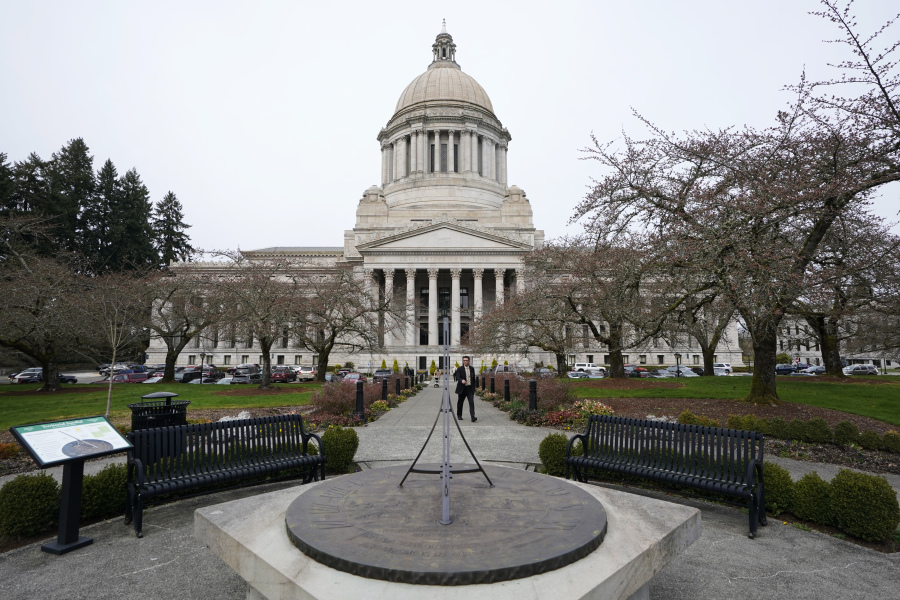Washington House lawmakers on Tuesday unanimously passed a bill to increase special education funding by another $185 million in the coming years.
While the funding is in line with a request from Gov. Jay Inslee, critics say it does not go far enough.
But legislative leaders, including majority Democrats, have concerns about how further increases could strain the state budget and whether removing limits on funding could open the door for some schools to claim more money than they need.
House Bill 2180 will allow up to 17.25% of a district’s population to receive funding for support services like speech therapy and instructional aides. The Legislature increased that cap from 13.5% to 15% last year. In other words, if 20% of a district’s population requires special education services, the district cannot get additional money for the remaining 5%.
According to the bill’s fiscal note, the state will spend about $28.6 million more on special education in the 2023-2025 budget, $76.5 million from 2025-2027 and $80 million from 2027-2029.
Even if the bill is approved, lawmakers would separately need to provide money in the budget for the proposed increase and if they don’t, the policy would not take effect.
Democratic Rep. Gerry Pollet of Seattle, chief sponsor of HB 2180, said “it’s unconscionable and probably unconstitutional” that Washington does not fund special education for every child who needs it.
Chris Reykdal, Washington’s chief education official, said in 2023 that the cap on funding breaks federal law. The cap is particularly burdensome on rural districts with smaller budgets, like Ocean Beach, where 22% of students would qualify for special education funding should the cap be removed.
Lawmakers from both parties have repeatedly called on the Legislature to end the cap entirely. But during the House floor debate, it was Republican lawmakers who forcefully decried it, including Rep. Travis Couture, R-Allyn, who introduced an amendment to remove the cap.
Couture, who has children with disabilities, said removing the cap would be “mere pennies” for the Legislature.
“I have to go home tonight and look my kids in the eyes and talk to families just like mine who go through the hell of IEP meetings and trying to get services and supports that are so desperately under-resourced,” said Couture, referring to individualized education plan meetings for special education students.
“At least I think I can go back tonight and look at them and say I tried everything that I could,” Couture said. “To me, it just seems like the reason that this did not occur is because it was my idea.”
Although Pollet has led the effort to remove the cap on special education in past years, he asked fellow lawmakers to vote against Couture’s amendment, saying his original bill would provide funding faster.
“Let’s do the best we can right away,” he said.
Last year, Pollet’s bill to gradually lift the cap before fully removing it by 2027-2028 was amended before passage to set the 15% limit that’s now in place.
Democratic leadership said they plan to support school funding in other ways, such as increasing compensation for paraeducators.
Senate Majority Leader Andy Billig, D-Spokane, said removing the cap would require reductions elsewhere in the state budget, and he welcomes Republican input on what should be cut.
“[Republicans] think they can fund everything without cutting anything,” Billig said.
The Washington State Standard is a nonprofit, nonpartisan news outlet that provides original reporting, analysis and commentary on Washington state government and politics. We seek to keep you informed about Washington’s most pressing issues, the decisions elected leaders are making, how they are spending tax dollars and who is influencing public policy.



